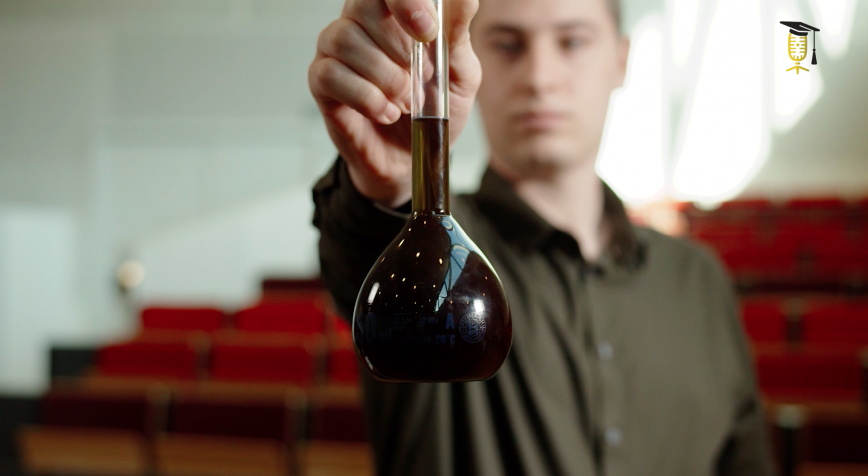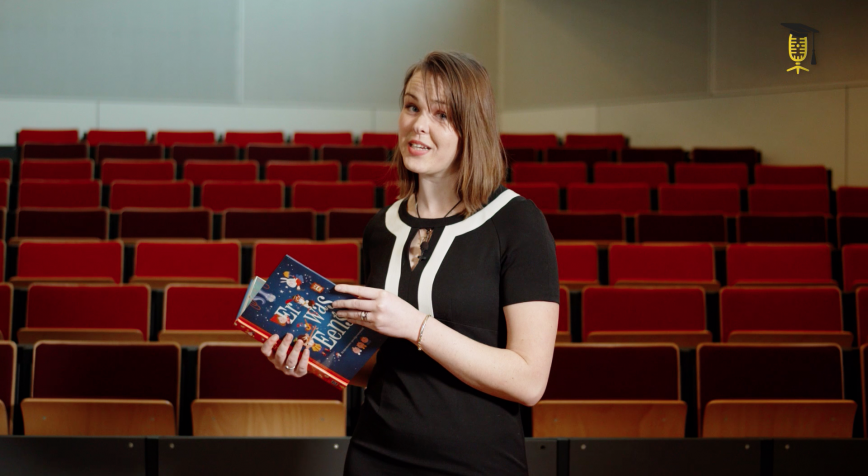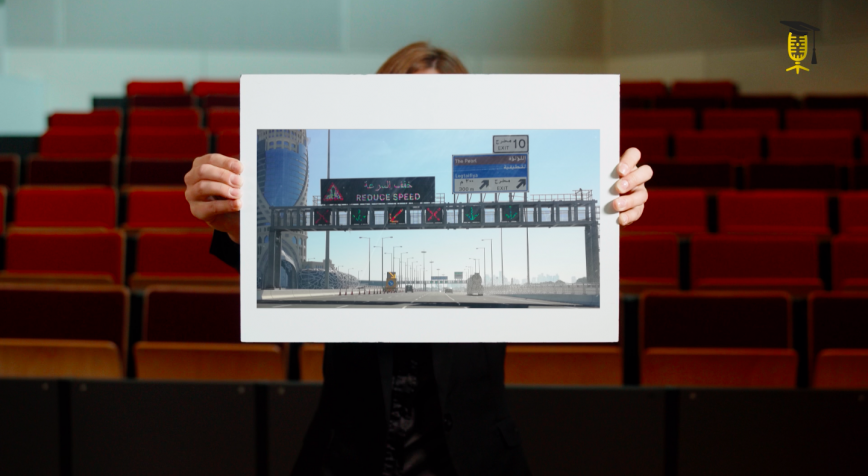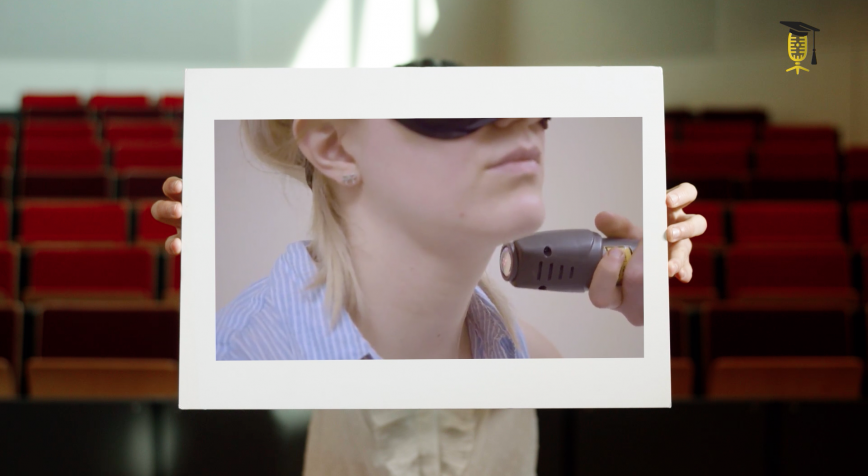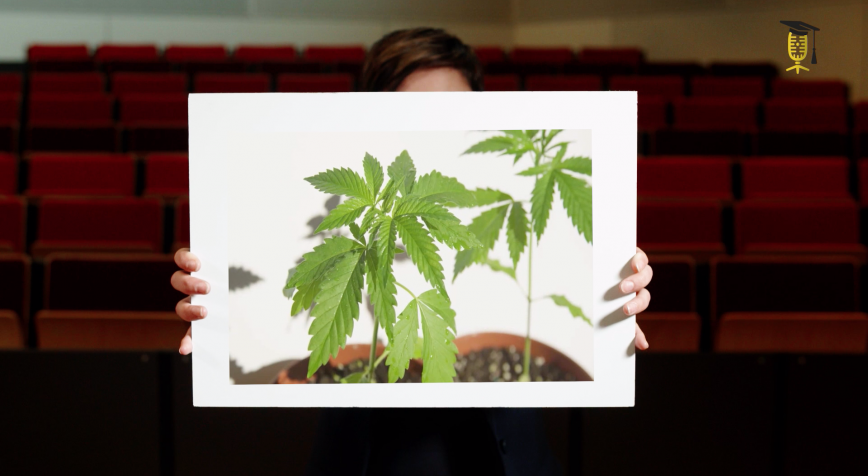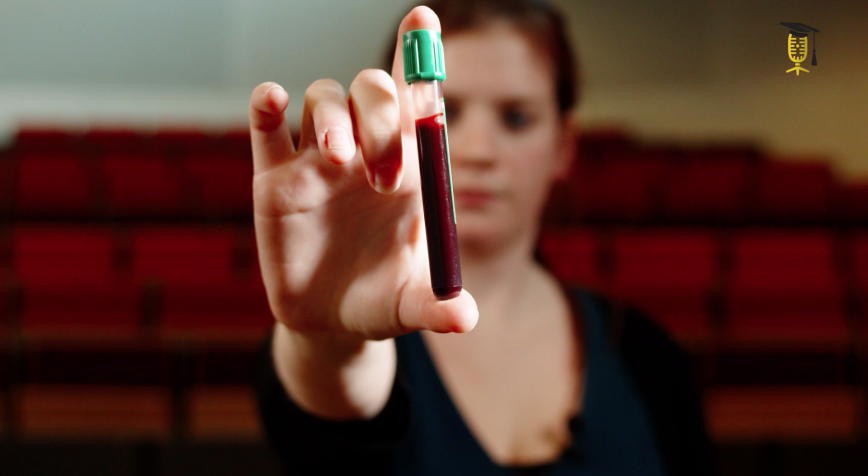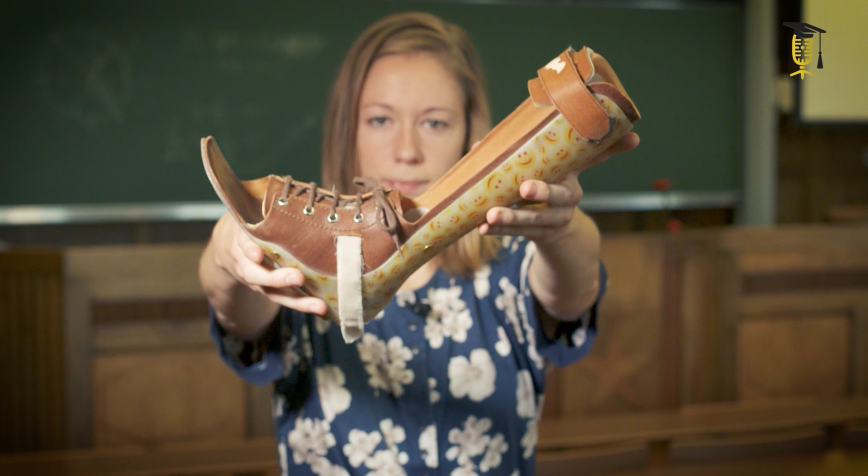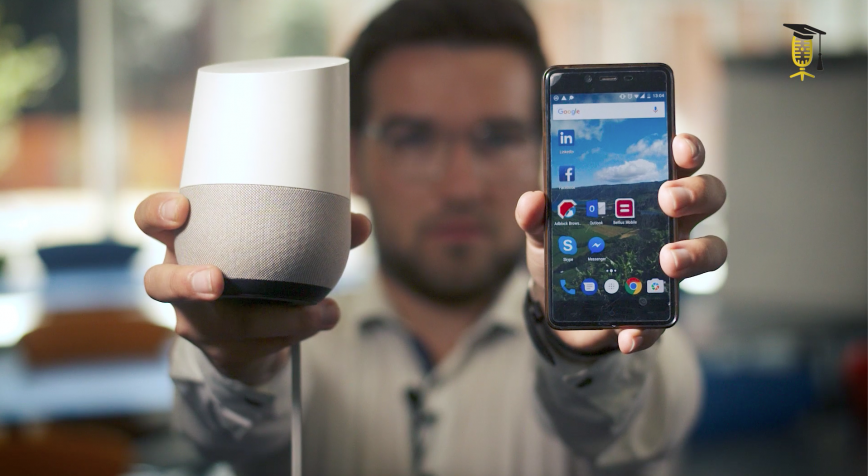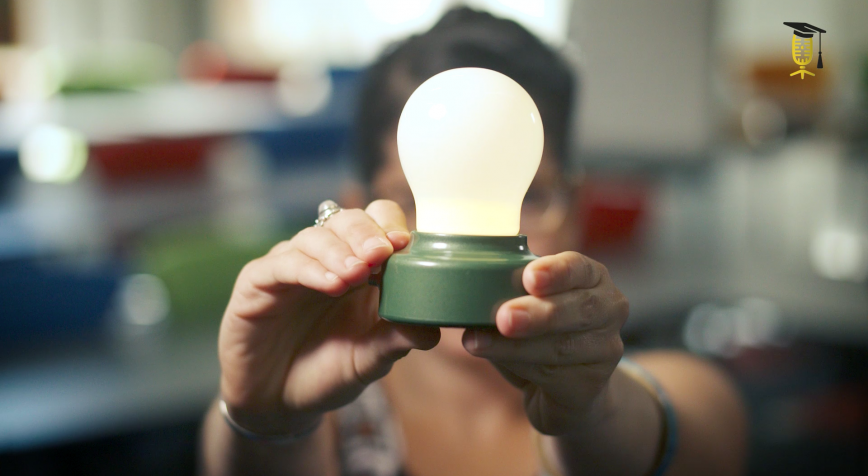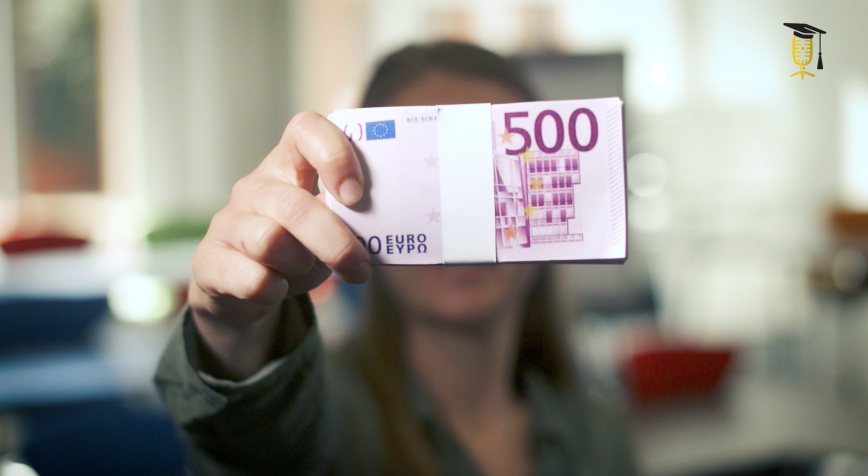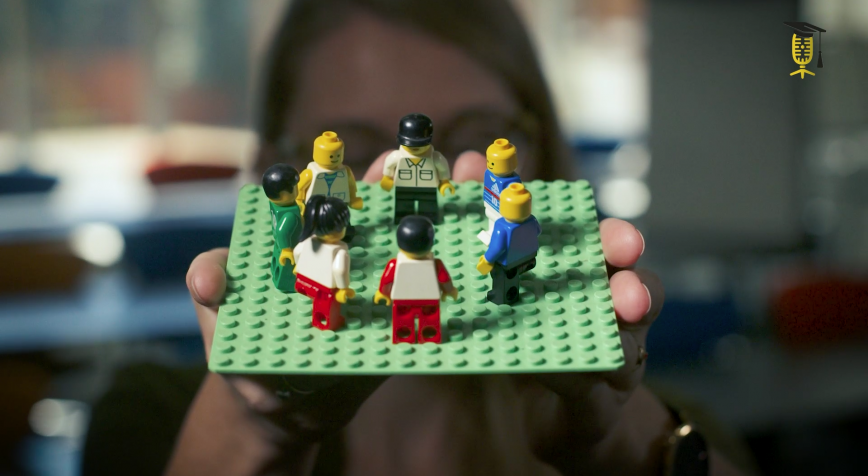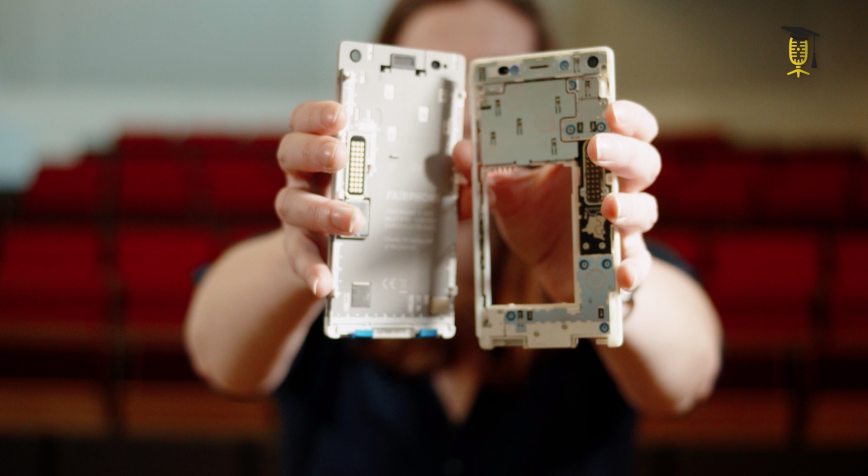
UAntwerpen
UGent
UHasselt
VITO
How to reduce the environmental impact of new inventions?
Too often, companies take too little account of the environmental impact of these inventions when developing new products. Gwenny Thomassen wants to change this: she developed a model to calculate both the cost price and the impact on the environment for products based on micro-algae.
